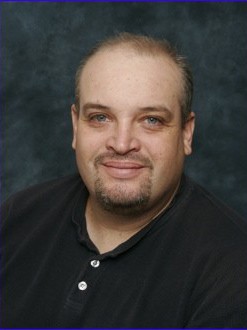abstract
The term big-data in the context of materials science not only stands for the volume, but also for the heterogeneous nature of the characterization data-sets. This is a common problem in combinatorial searches in materials science, as well as chemistry. However, these data-sets may well be 'small' in terms of limited step-size of the measurement variables. Due to this limitation, application of higher-order statistics is not effective, and the choice of a suitable unsupervised learning method is restricted to those utilizing lower-order statistics. As an interesting case study, we present here variable magnetic-field Piezoresponse Force Microscopy (PFM) study of composite multiferroics, where due to experimental limitations the magnetic field dependence of piezoresponse is registered with a coarse step-size. An efficient extraction of this dependence, which corresponds to the local magnetoelectric effect, forms the central problem of this work. We evaluate the performance of Principal Component Analysis (PCA) as a simple unsupervised teaming technique, by pre-labeling possible patterns in the data using Density Based Clustering (DBSCAN). Based on this combinational analysis, we highlight how PCA using non-central second-moment can be useful in such cases for extracting information about the local material response and the corresponding spatial distribution.
keywords
DOMAIN-WALLS; COMPOSITES; CONNECTIVITY
subject category
Chemistry; Materials Science
authors
Trivedi, H; Shvartsman, VV; Medeiros, MSA; Pullar, RC; Lupascu, DC
our authors
acknowledgements
This work was supported by the European Commission within FP7 Marie Curie Initial Training Network "Nanomotion" (grant agreement no 290158). Support through Deutsche Forschungsgemeinschaft via Forschergruppe 1509 "Ferroic Functional Materials" (LU-729/12) is acknowledged. This work was developed within the scope of the project CICECO-Aveiro Institute of Materials, POCI-01-0145-FEDER-007679 (FCT Ref. UID /CTM /50011/2013), financed by national funds through the FCT/MEC and when appropriate co-financed by FEDER under the PT2020 Partnership Agreement. R.C.P. thank the FCT for funding under grant IF/00681/2015. We would like to acknowledge Matthias Labusch and Jorg Schroder (Institue of Mechanics, University of Duisburg- Essen) for their help with the constitutive formulation.



